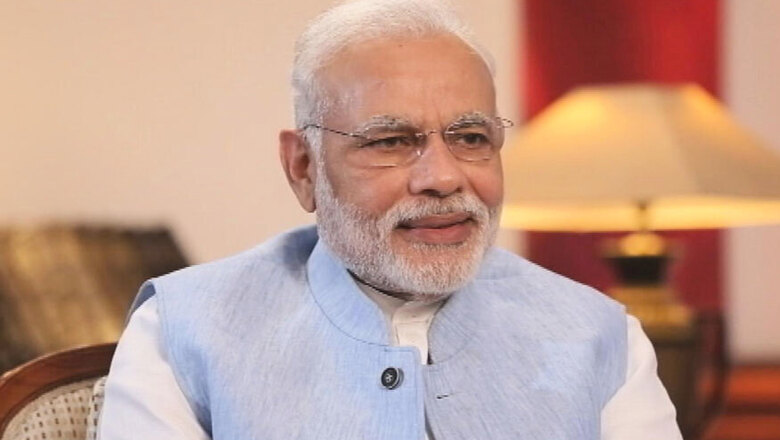
views
Self-appointed guardians of Dalits are exploiting age-old social divisions and playing politics to consolidate their vote banks and damage him, Prime Minister Narendra Modi has told CNN-News18 in an exclusive wide-ranging interview in which he dwelt at length on broad sweep of topics including a rare glimpse of himself while warning of tough action on those with unaccounted wealth.
In his most comprehensive interview since he took charge in May 2014, Modi told Network18 Group Editor Rahul Joshi that his biggest achievement as Prime Minister was that he could restore hope within and abroad the country about India's potential. The PM said when he took charge he was tempted to put out a white paper on the state of India's economy that would have shown it as much worse than it was commonly believed then, but decided not to at the cost of political damage to himself because it could have deepened hopelessness and despair.
The PM rubbished suggestions of political vendetta influencing his decisions to order investigations and said his 14-year stint as Gujarat chief minister proved he doesn't "open a single file on political considerations". He also felt that a coterie that dominates Lutyen's Delhi, which had problems accepting grassroots prime ministers like Sardar Patel, Morarji Desai and Deve Gowda, were working against him too.Also Read: Full transcript of the interview
He issued a stern warning to tax fugitives asking them to take the September 30 deadline for voluntary disclosure of unaccounted wealth seriously. "No one should blame me if I take tough decisions after the 30th. This money belongs to the country's poor. No one has the right to loot this. This is my commitment," he said during the course of the 75-minute interview conducted in his 7 Race Course Road office.
On reforms, Modi said there was need to look at it from a broader perspective. "Reform to transform," he said, adding that everything should revolve around the common man.
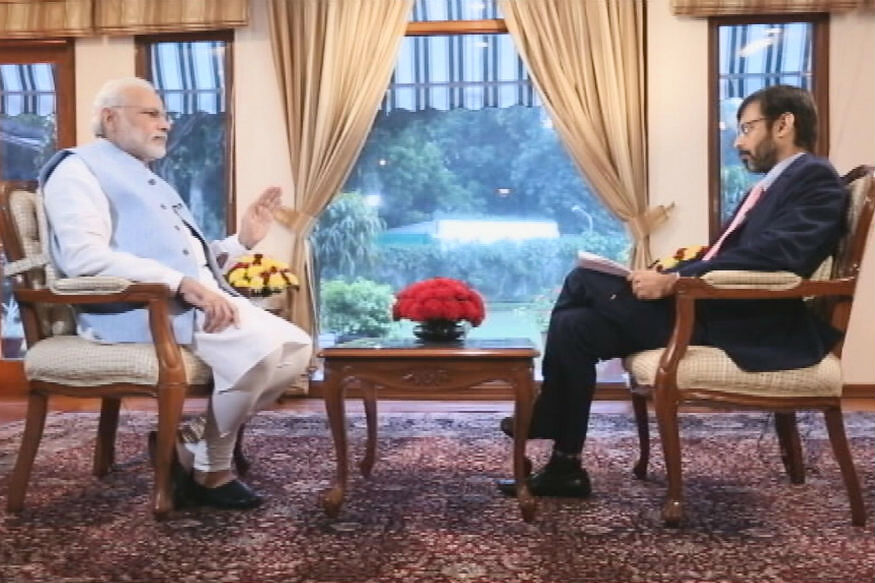
To a pointed question on the importance of social harmony for economic growth, the PM said economic progress alone was not the solution. "Peace, unity and harmony is essential for society. Even in a family, no matter how well-off you may be...even if you are sitting over a heap of money, the family's unity is important. This is true for the society also. We don't need unity just to fight poverty alone. We need to be united and harmonious. We need to be committed to social justice," he said.
Talking about the looming state assembly polls in the politically important state of Uttar Pradesh, Modi said it was unfortunate that everything one does is immediately linked to elections. "UP elections are still away, still all our decisions are being linked to that. Super political pundits can't get politics out of their minds. Their minds buzzing with politics run faster in AC rooms," he said, adding that the BJP would fight the elections with development as the main plank and decried the vote bank politics of rival parties.
"There was no atmosphere of vote bank politics in last general elections. There was the atmosphere of development of politics. After 30 years, all sections of our society unitedly voted for a majority government. An entire section of our society has made a shift. It's possible that the people of UP will do a similar thing for betterment of UP. They will vote keeping development in their mind," he said.No Greater Joy For Me Than Getting Lost in Pages of History: Modi
He also dismissed suggestions that the BJP or the broader Sangh parivar was against dalits, saying this was a canard spread by practitioners of caste politics even as he condemned a spate of attacks on people belonging to the dalit community.
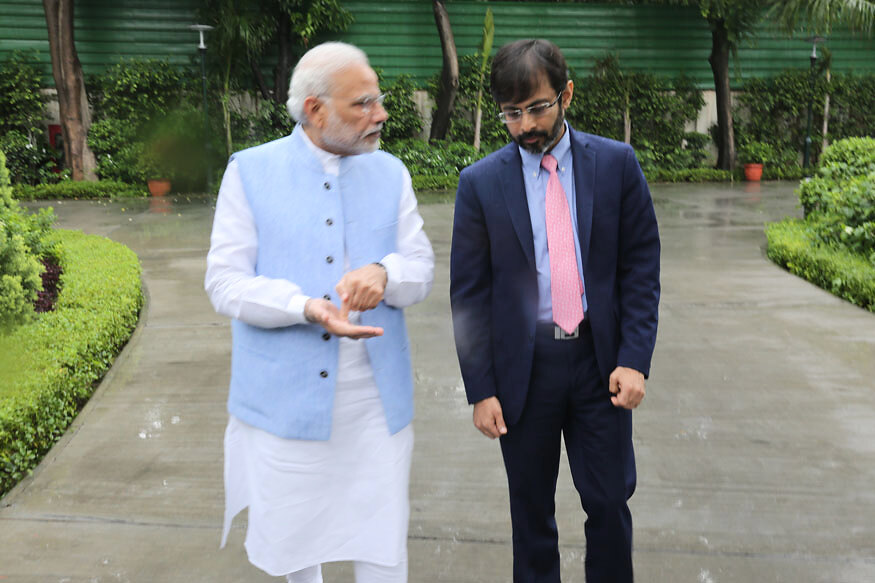
Talking about the continuing unrest in Kashmir, Modi said it was an old problem and needed to be solved with development and trust.
"The seeds of the problem was sown ever since independence and division of our country. Every government had to battle with this problem. This is not a new problem. It is an old one. I believe the youth of Kashmir will not be distracted. We will proceed together maintaining peace, unity and goodwill so that the heaven called Kashmir will remain a heaven," he said.Also Read: Top 10 quotes from the interview
Seeking to dismiss the perception that he has a bitter-sweet relationship with media, Modi said the press has played a big role in what he is today. "Media is doing its job and it should. I believe the media must strongly criticise the government's work. Otherwise democracy won't work. But unfortunately, in this TRP rat race, the media doesn't have enough time for research. Criticism is not possible without research. For 10 minutes of criticism you need 10 hours of research. Instead of criticism, it gets into levelling allegations. As a result democracy gets weakened. Governments must be afraid of media criticisms, but that's fast going away. I want media to be very critical based on facts," he said.
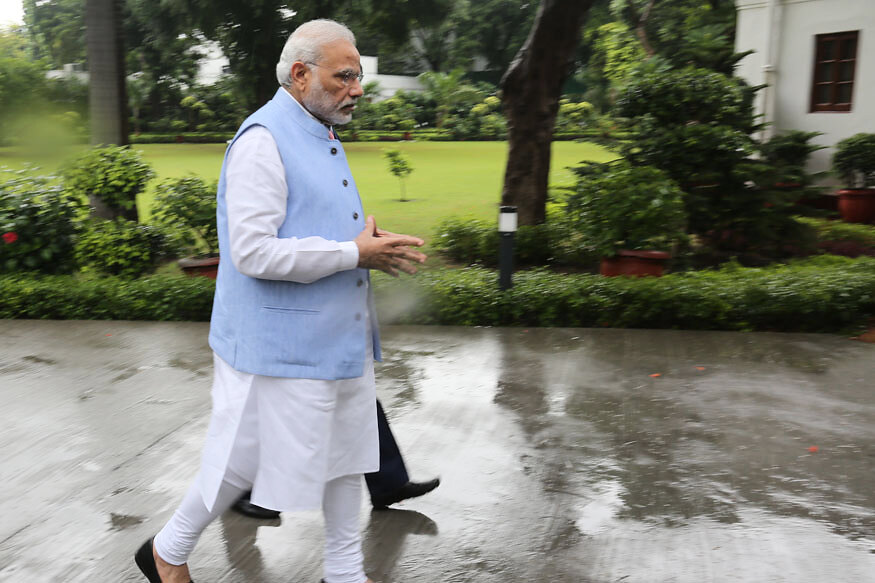
Modi didn't shy away from taking personal questions and described himself as a workaholic who lives in the moment.
"A soldier who bravely fights on the border and the same soldier when he plays with his daughter cannot behave in the same manner. Narendra Modi, whatever he is, is after all a human being. Why should I suppress or hide what's inside me? I'm what I am. Let people see what they see," the PM said about himself.
Asked what he would like history to view his legacy, he observed that too many Indian leaders were obsessed about building their image at the cost of the nation. "There will be no greater joy for me than Modi getting lost in the pages of history," he said.











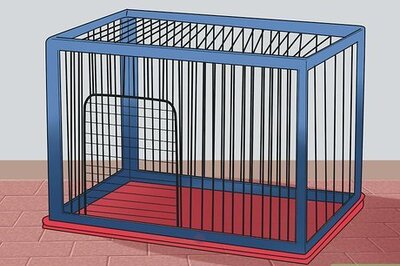




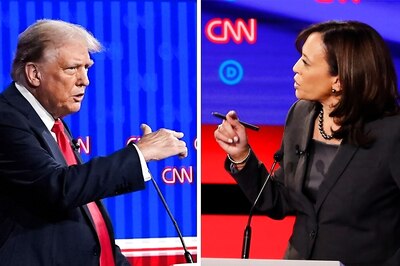
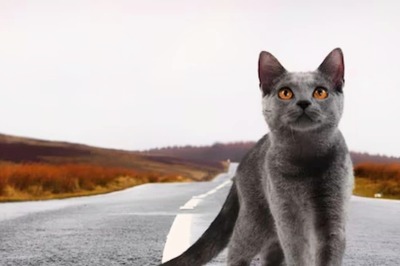
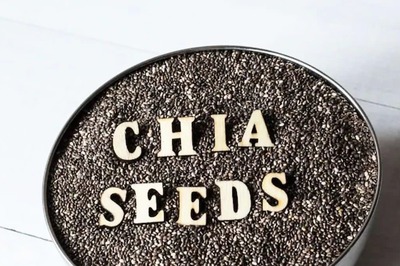

Comments
0 comment